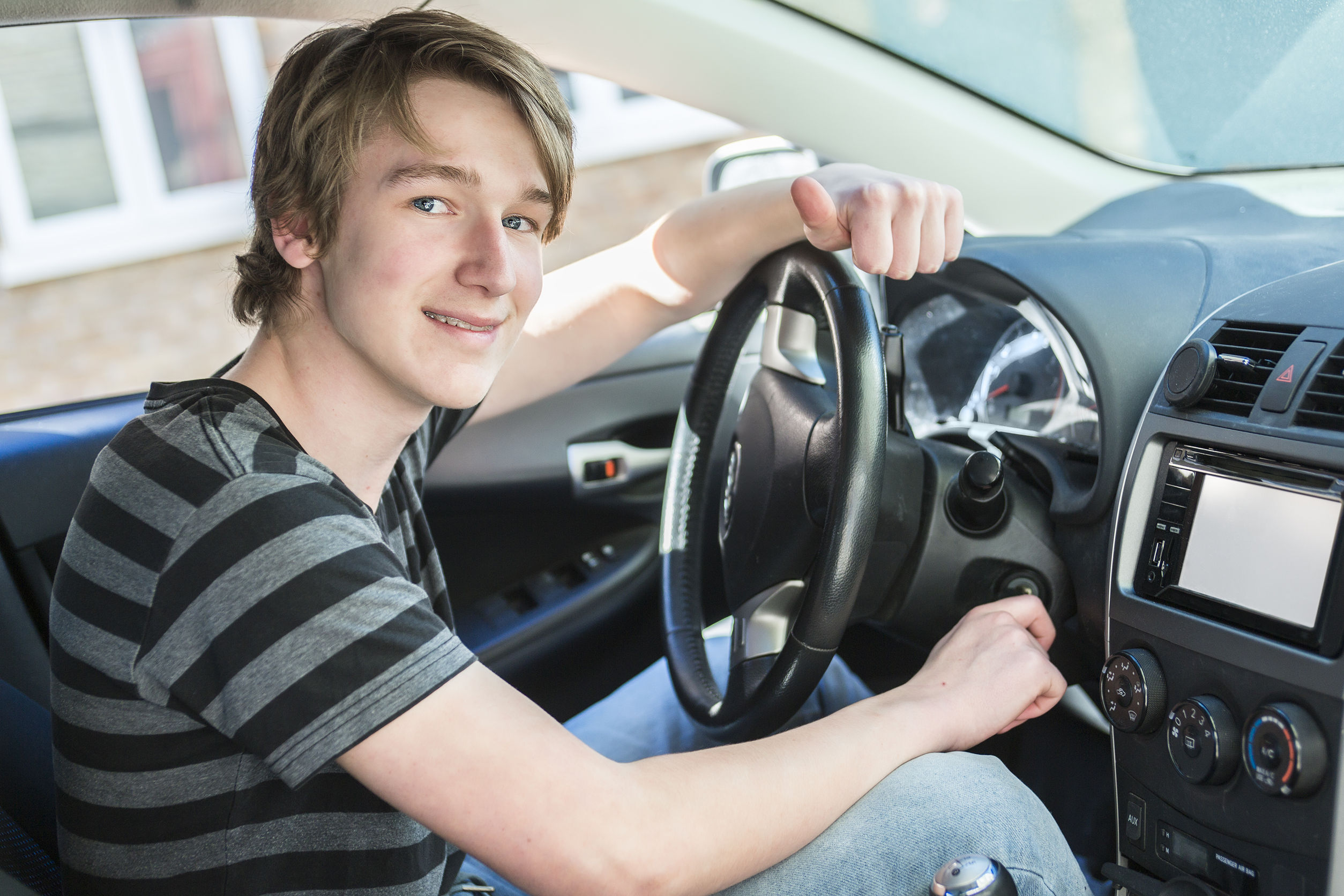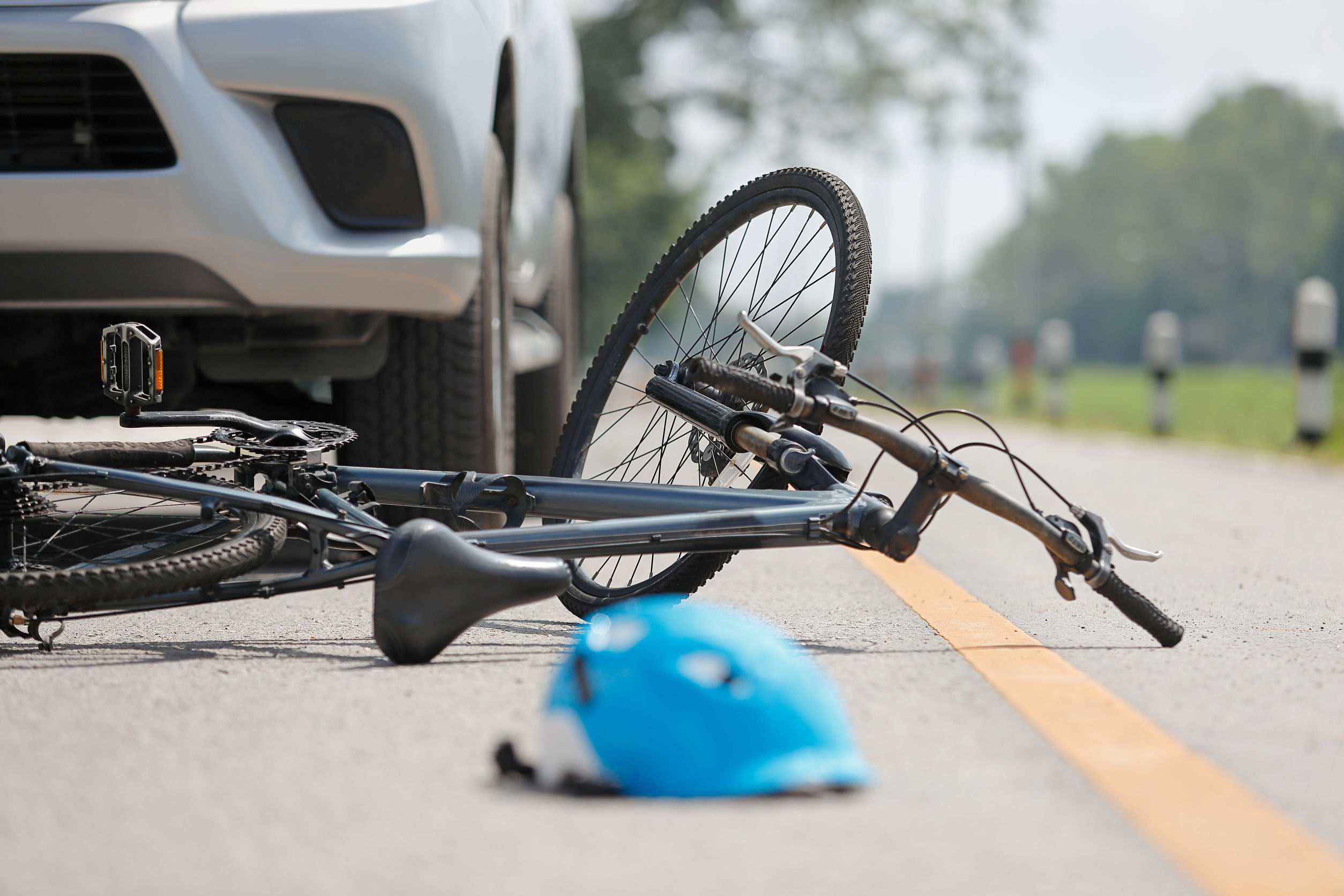School is starting again. Morning commutes now include stopping for crossing guards and children on their way to class. If you are a parent in Florida, this time of year is both exciting and frightening.
Why? Because car crashes caused 41% of all unintentional injury deaths of children under the age of 18 in 2021. Of these deaths, 19% were pedestrians who may have been walking to or from school.
Whether your children are moving to a new school or just changing grades, be sure to remind them of road safety as they walk, bike, or ride the bus or car to class. Teen and adult drivers have to be extra careful when they are driving around school zones, but that doesn’t give kids freedom to run, hide, or do whatever they want around cars.
What should they do?
Stay Focused
No matter how your kid gets to school, they should stay alert and remove any distractions from their eyes or ears. Distracted driving or walking is a leading cause of car crashes. Tell your kids to put away their phones and remove their earphones while they are on the road. The less distracted they are, the easier it will be for them to see cars turning around the corner or backing out around them.
Walk Slowly and With Intention
Cars may not see children playing hide-and-seek or running around parking lots. Let your child know that it is not appropriate to play around parking lots with parked cars. A good rule of thumb is to ask children to make eye contact with drivers that may be sitting in their cars nearby as they walk through the parking lot. Even if a child thinks they are being seen, the driver may be distracted, or the child may be in their blind spot.
Make Sure Adults Are Present
Before you let your child walk or ride their bike to school, walk the route with them. If you do not see crossing guards at busy intersections, reach out to your child’s school about ways that you can make the roads more safe.
If your child is under the age of 10, recruit an adult or older student around the neighborhood to walk with them every day. Research shows that children under the age of 10 cannot properly judge the speed and distance at which a car is coming.
Make sure that adults are present if your teens are learning how to drive. Florida teenagers can get their learner’s permit at the age of 15, but that does not mean you should let your child get a ride with a 22-year-old driver. While the teenager still has their Florida learner’s permit, they have to drive with an adult over the age of 21. If the adult is not present, your child should not be their passenger.
Biking? Wear the Right Gear
Bicycles are a great way for your kids to get exercise and save on fuel emissions as they head to school, but they also pose a risk for crashes and other accidents. In order to keep your child safe, give them the right gear to wear while riding.
Kids should wear bright and visible clothing so they can be seen by cars and pedestrians. If your child goes to after school events after sundown, make sure they have lights and reflectors on their bike so they can be seen in the dark.
Helmets are the most important piece of safety gear for cyclists. Make sure your child’s helmet is strapped on and snug when placed directly on the top of their head. If you are not sure whether or not the helmet fits properly, or if the bike is the right size for your child, consult the employees at a local bike store.
Remember to teach your children basic bike safety rules, including hand signals and how to properly maintain their bike. Florida classifies bicycles as vehicles that have to obey the same traffic laws as motor vehicles. If your child is biking, they will most likely end up in the road and have to drive alongside other vehicles.
Teach Children What to Do If They Get Hurt
Unfortunately, motor vehicle crashes and pedestrian accidents do happen. Have an emergency plan in place if your child gets hurt. Tell your child what information they need to gather (license plate numbers, what they were doing at the time of the accident, etc.) and what information they need to give out (your contact number, their address) if they get into an accident. If your child can give authorities a full account of what happened during the accident, they can get proper care.






